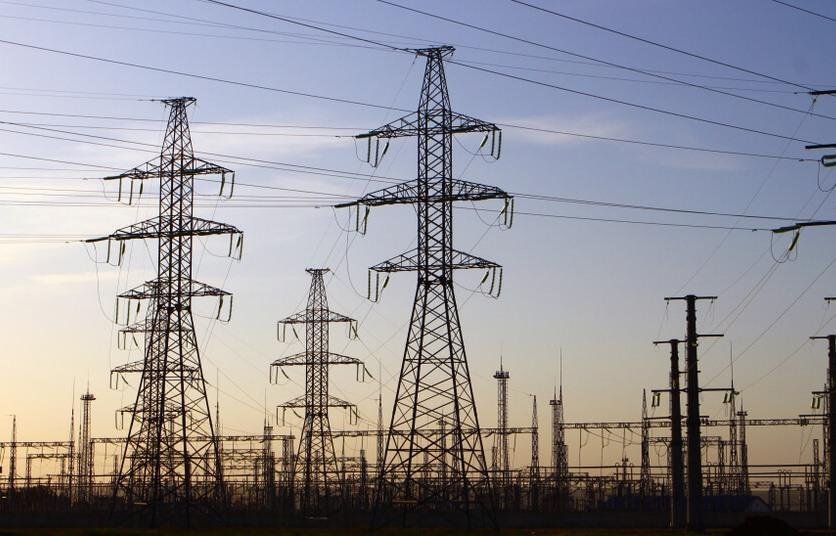Power distribution companies, DisCos, have now been permitted by the Nigerian Electricity Regulatory Commission, NERC, to purchase electricity directly from producers of the commodity.
This is coming after more than 10 years that DisCos have relied on an intermediary described as bulk trader.
The DisCos and the generation companies, GenCos, unbundled from the defunct Power Holding Company of Nigeria, PHCN, were privatized in 2013 and handed over to the core investors towards the end of same year.
Transmission Company of Nigeria, TCN, however remained under the government ownership.
The government-owned Nigerian Bulk Electricity Trading Plc, NBET, buys electricity in bulk from generation companies through power purchase agreements and sells through vesting contracts to the DisCos, which then supply it to the consumers. It began trading with commencement of the transactional electricity market in 2015.
NERC said in the Multi-Year Tariff Order 2024 that DisCos can now procure electricity directly from GenCos through bilateral contracts.
Documents released by NERC revealed that the tariff review applications of the 11 power distributions in the country included plans to exit NBET’s vesting contract regime.
The regulator said the new order recognizes a revision to the DisCos’ partially contracted capacity, PCC, to ensure a minimum energy offtake with effect from January 1, 2024. The minimum energy offtake requirement for the 11 DisCos in 2024 is 4,063MWh/h.
“DisCos are required to secure adequate bilateral contracts to facilitate a seamless exit from NBET’s vesting contract regime,” NERC said.
Speaking further, the commission said that through bilateral contracts, the DisCos are required to mitigate their exposure to volumetric energy risks, adding that they would have no recourse to claim revenue shortfall arising from generation shortfalls effective January 2024.
It said the DisCos are also required to continually procure additional energy volumes to serve their customers and ensure steady migration of customers to higher service bands on account of improved level of supply.
Under the service-based tariff arrangement introduced in 2020, customers are categorised into maximum demand and non-maximum demand customers, with different bands (A to E) depending on the level of supply.
According to data from the Nigerian Electricity System Operator, total power generation in the country stood at 4,365.2 megawatts, MW, as of early hours of Thursday, January 18, while the generation capacity was 7,652.6MW.
The regulator said in its latest quarterly report that the partial activation of contract, PAC, regime, which took effect in July 2022, defines the target volume of energy to be off-taken by DisCos at any time as their PCC.
Under the PAC regime, DisCos have take-or-pay obligations on their PCC which means that they must pay for available capacity irrespective of their offtake.
This structure ensures that GenCos earn capacity payments to compensate them for availability and mandates GenCos or TCN to compensate DisCos through liquidated damages in the event of capacity shortfalls, according to the regulator.

